Programme CooperantsCaixa, the model of international corporate volunteering by Fundació “la Caixa”
Sergi Burrull, Program Coordinator of CooperantsCaixa, explains what is the Programme on International Volunteering (Corporate Volunteering for Development) and what are its characteristics.
The key: understanding international cooperation
When the Fundació “la Caixa” in 2007 launched a Programme on International Volunteering (Corporate Volunteering for Development) it reckoned two factors would be in its favour:
-
It had been supporting projects on international cooperation for ten years, through an annual competition among Spanish NGOs. Thus, it financed more than 300 projects run by 150 NGOs.
-
Two years before it had launched the Programme on Corporate Volunteering, an initiative involving more than 3.000 employees, relatives and friends from all over the country, who carried out tasks of social, cultural and environmental volunteering and who were willing to cooperate in international projects.
Due to this, the Programme CooperantsCaixa was elaborated based on a deep understanding of the sector, of its needs and its orientation, following the two main principles of international cooperation:
-
Beneficiaries must be at the heart of the action
-
“Do No Harm”. This formula comes from the medical principle “Primum non nocere”, which is attributed to Heraclitus.
To place the beneficiaries at the centre of the action allows:
-
To speak the same language as the NGOs –the real experts on cooperation who best know the needs on the ground – and to contribute our efforts to achieve their goals (that is, to improve life conditions of the beneficiaries).
-
To avoid volunteers from feeling like being the main actors. This way, they understand they are starting from a privileged position and that they will cooperate with people who had much less educational chances. And they will try to transfer their knowledge in order to ensure viability of their small businesses or farms. To place the beneficiaries at the centre also provides the Programme with consistency and credibility so that the volunteers –who are great professionals in their respective fields– dedicate at least three weeks of their holidays to the Programme, paying their accomodation out of their pockets.
But the Programme also has another component: how the real experience of cooperation affects the volunteers’ lives. We understand the Programme as a twin-track initiative: on the one hand, there is the transfer of know-how to the beneficiaries but, on the other, there is also the learning experience of living in a developing country. This way, we try to make this experience as enriching as possible to assure volunteers are still committed in matters of social cooperation when they go back home.
Impact: ...and what has been reached? The case of SERCATE
Since 2007 we have organized 240 placements in 19 countries and we have cooperated with 30 NGOs. This results in a wide range of experiences, but I will explain one very specific case in Guatemala, which is indeed very representative: the NGO SERCATE.
Guatemala suffered a thirty years-long civil war, with 200.000 recognized victims and a major share of indigenous (and illiterate) population displaced and rehoused by UNHCR.
SERCATE is a small Guatemalan NGO that is specialized in basic literacy programs (reading and writing, and basic arithmetic), that focused on a several groups of displaced women.
From 2003 to 2006, Fundació “la Caixa” supported literacy programs that resulted in more than 80% of these women getting their primary education certificate.
From 2006 to 2010 it supported a project to create networking among women. It was about making them aware of their rights as citizens and their access to decision-making local bodies. In addition, in 2008, it helped starting small businesses to provide financing allowing them to defend those rights. But the little start-ups didn’t work well and after some months there was a general bankruptcy.
In this context, they were offered the chance to meet volunteers from the Programme CooperantsCaixa. These experts would explain the clues of microbusiness management (cost calculation, feasibility study, basic analytical acounting, stock management, clients management, marketing, etc.)
During 5 consecutive years, we have sent 8 volunteers (usually in teams of two) to Guatemala. They have provided training in microbusiness management and advice for the launching of a credit fund. Today, the results SERCATE reports to us half-yearly are as follows:
-
The NGO has ist own credit fund, with which it supports entrepreneurial initiatives run by those women.
-
The NGO itself has helped launching 44 Communal Banks managed by the women themselves (2 of them have gone broke), that have granted more than 1.100 micro-credits. It makes sense to stress that these women are usually excluded from access to financing.
-
These women are in charge of the expenditure control and sales mangament in their business, and they know how to calculate their profit margin.
-
Since they generate additional income, they have gained acknowledgement among their families and in the community: their opinion is now taken into account, domestic violence has dropped, the access of girls to school has increased, etc.
And from the entrepreneurial point of view, this experience has had a positive influence on the volunteers that have come back: it has increased their pride of belonging, they have checked where the spent ressources end up, they have developed new skills in a completely new context, they have faced uncertainties, fears and new challenges, they have developed skills on leadership and decision-making, their sense for global perspectives has increased and, last but not least, they have grown as persons.
Conclusions
These results show:
-
That to place the beneficiaries at the centre generates credibility, and it helps focusing all stakeholders’ efforts in just one direction.
-
How important it is to know the sector in depth while formulating and launching Programs of Corporate Volunteering for Development.
-
The importance of defining goals.
-
That results arrive according to the pace of cooperating, that is, in the mid/long-term.
-
That we need to be flexible and constant, adapting the Programme and the volunteers to the needs on the ground/of the beneficiaries.
-
That enterprises have other assets beyond financial resources when it comes to cooperate.
-
That, indeed, employees are the greatest and the best asset a firm owns, and that they are its best representatives and ambassadors.
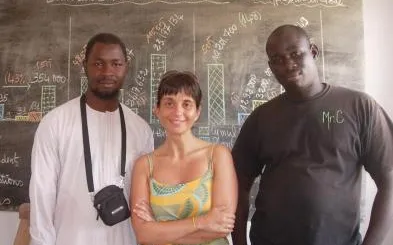
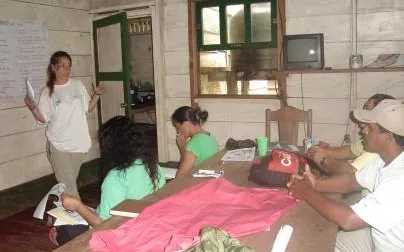


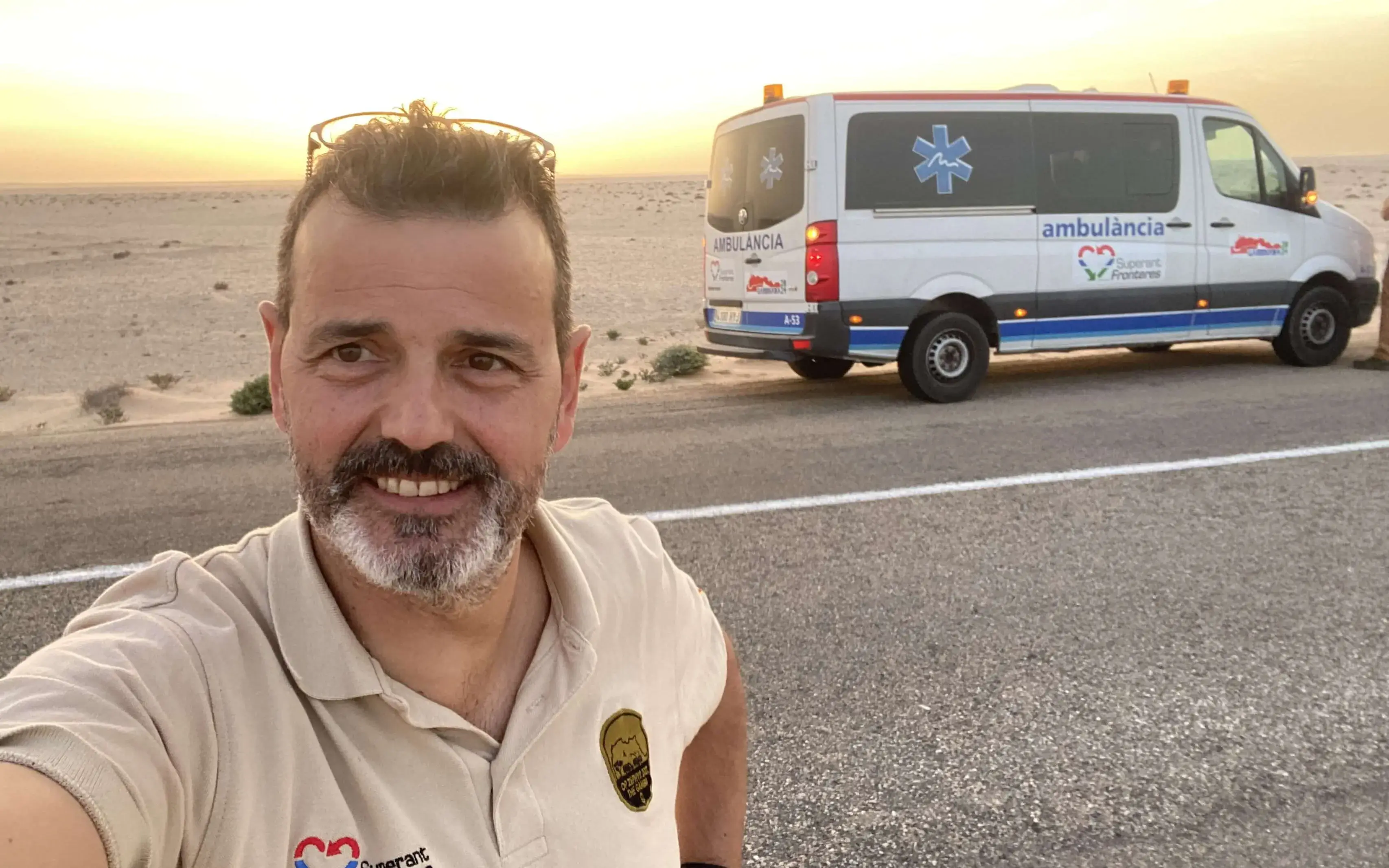
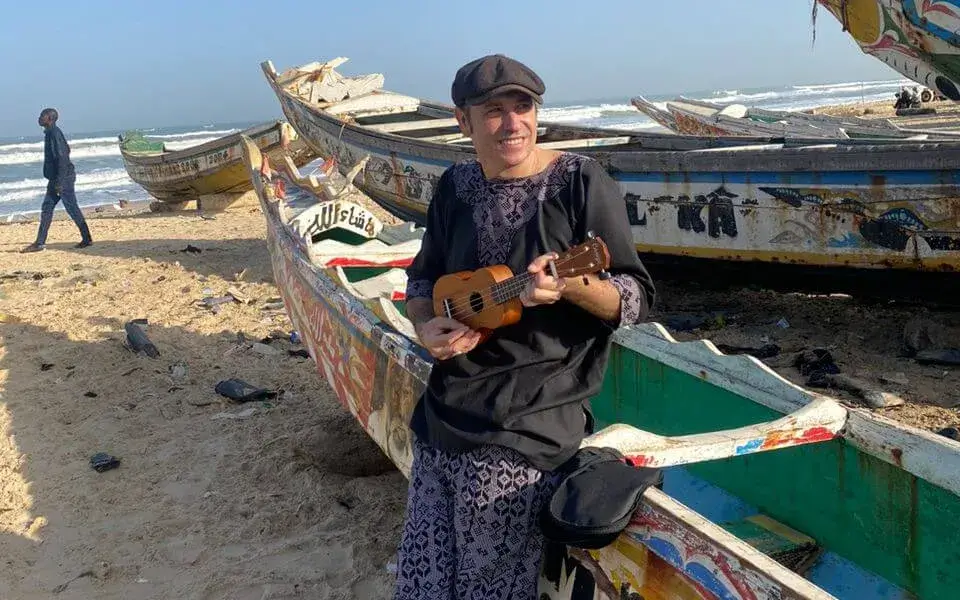
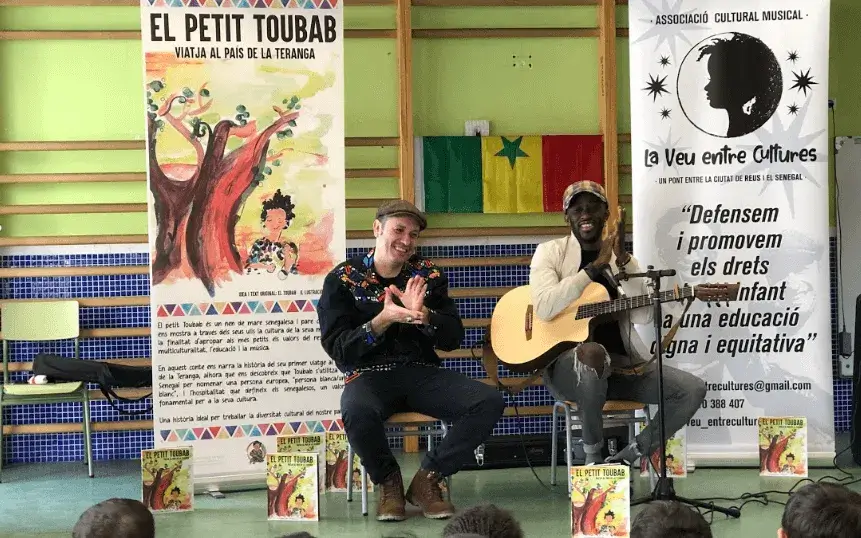

Add new comment